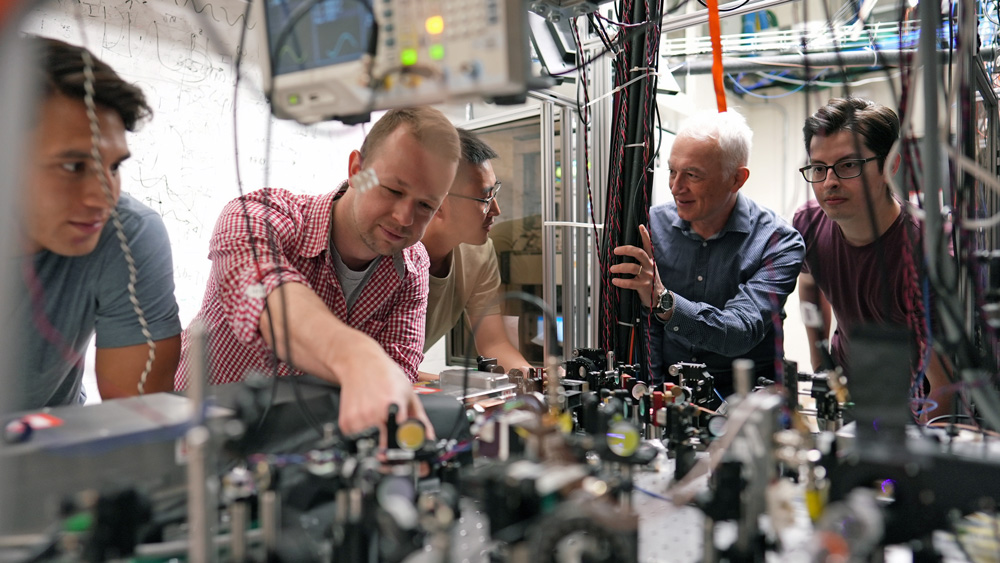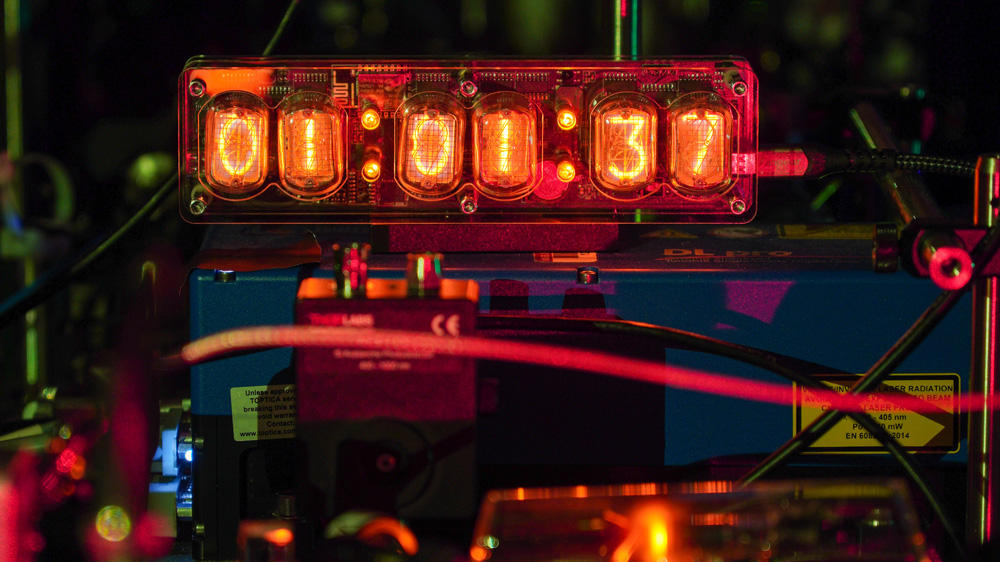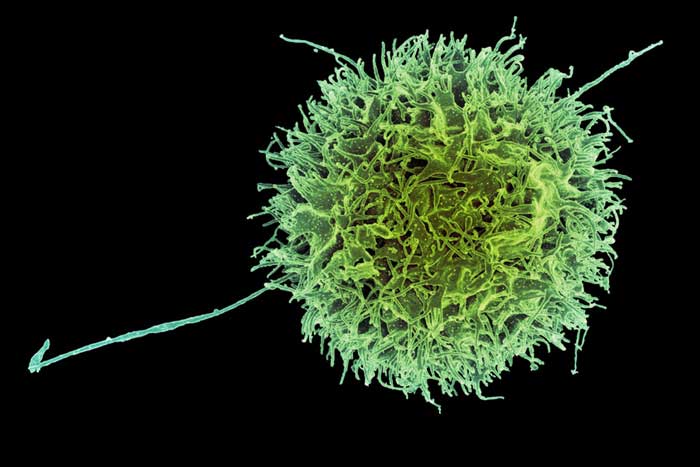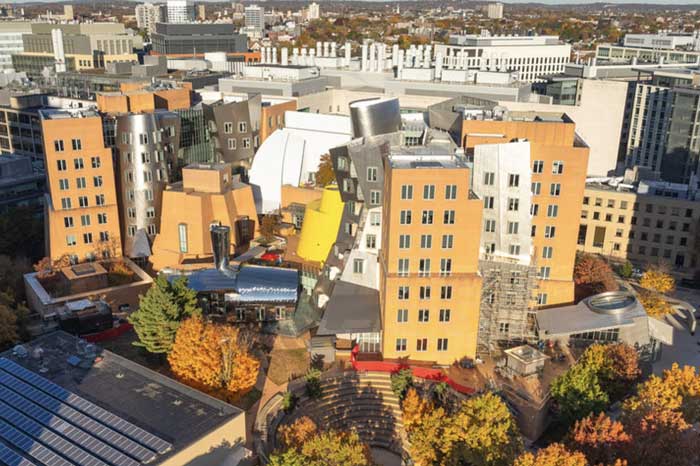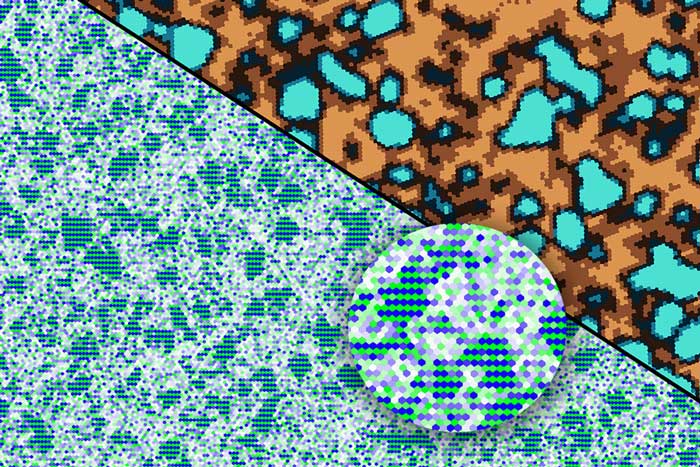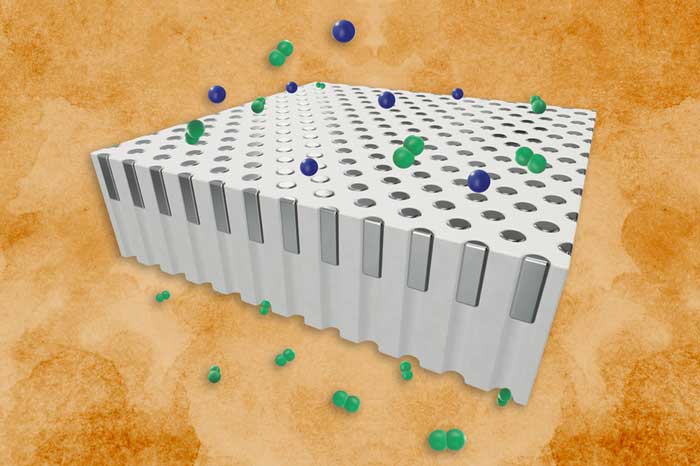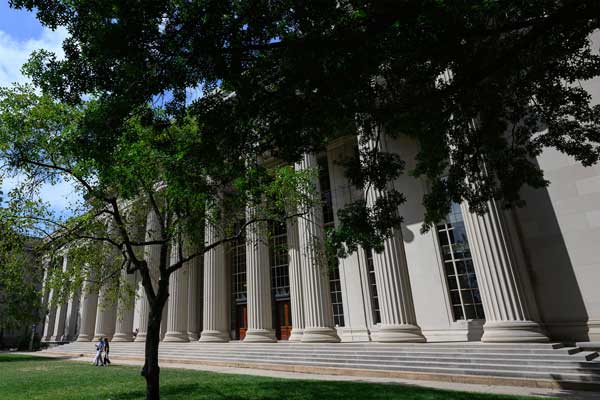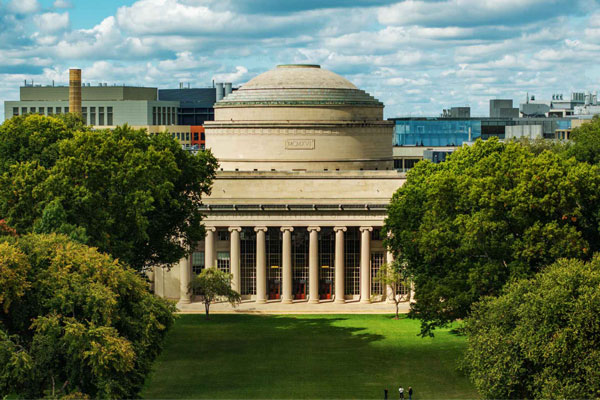Spotlight: Oct 14, 2025
Online transactions and GPS, among many other applications, rely on atomic clocks. Now MIT physicists have improved their precision by turning down the quantum noise that obscures the “ticking” of atoms, which could allow more stable atomic clocks.
